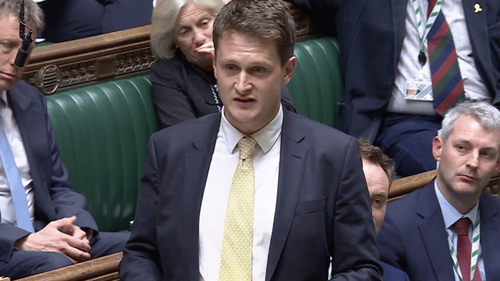Welsh Lib Dems Respond to Bevan Foundation Report on Impact of Disability Benefit Reforms on Wales

Responding to the publication of a report by the Bevan Foundation on the impact of disability benefit reforms on Wales, Welsh Liberal Democrat Westminster Spokesperson David Chadwick MP said:
“The implications of this report are truly shocking. Unless Labour changes course, they will be pushing hundreds of thousands of the most vulnerable people in Wales into further poverty. We already have some of the highest poverty rates in Western Europe here in Wales.
“We have to bring the welfare bill down and support more people into work, but cutting support for someone who needs help getting dressed and washed in the morning isn’t just morally wrong; it does absolutely nothing to support that person into work.
“If Labour really wanted to get more people into work in Wales, it would focus on tackling our sky-high NHS waiting lists, where people are left languishing for months and even years unable to get back to work.”
ENDS
NOTES FOR EDITORS:
- David Chadwick, who was left temporarily paralysed in his 20s has spoken previously about the need to maintain incapacity benefits for those in need, highlighting that sickness can come for anyone at any point in their lives.
- The report has found that around 190,000 people in Wales will be impacted by the reforms (6.1% of the population).
- A single person in Wales on PIP and in receipt of the Universal Credit Limited Capability for Work Related Activity (LCWRA) would see monthly support reduce from £1,324.10 per month to £421.14 per month, a 68% reduction in household income.
- Among households affected by the loss of both PIP and UC LCWRA, relative poverty increases from 24.5% to 78.3% - a 219% increase.
- The overall proportion of working-age households in the low-income dataset that are in relative poverty rises from 51.1% to 61.2% following the reforms
- Child poverty also worsens, with the proportion of children living in a household in relative poverty increasing from 66.4% to 71.4%